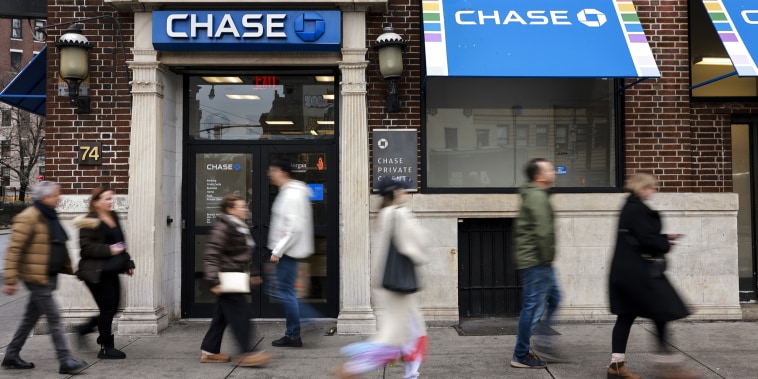Chase bank, one of the largest retail banks globally, has recently found itself embroiled in the legal mire as customers have launched lawsuits over unexpected fees that are incurred when deposited checks bounce. The suit underscores growing concerns about transparency and fair treatment in the financial sector, particularly in regard to customers being financially penalized for activities beyond their control.
To understand the lawsuit, it is essential to explore what usually transpires when a check bounces. Checks bounce when they are written from a checking account that does not have adequate funds to cover the amount written. The bank dishonors or bounces the check, and this commonly results in a non-sufficient fund (NSF) fee on the account holder who wrote the check. This usually exempted the check recipients—the individuals or entities who deposit the bounced checks in their accounts—from penalty. However, the recent lawsuit against Chase bank contradicts this standard practice.
Chase is facing accusations of charging customers unexpected fees when they deposit checks that subsequently bounce. Customers arguing that they were unaware of such fees allege unfair business practices. Critics have been quick to label the fee as punitive and a way for the bank to extract additional profits from its unsuspecting customers. This matter has amplified the discourse regarding arbitrary and opaque fee structures practiced by prominent financial institutions.
The lawsuit highlights several instances where customers were unfairly charged for depositing checks that bounced, despite the fees not being appropriately communicated or outlined. Customers who were even promptly informed by Chase of a check’s insufficiency were shocked to find additional fees were withdrawn from their respective accounts.
Caught in the crosshairs, Chase’s policies regarding bounced checks have been given a closer examination. While the bank’s policy outlines fees imposed on customers who write checks without sufficient funds, it doesn’t explicitly detail similar punitive measures for those depositing such checks.
Transparency, for banking customers, plays a crucial role in choosing and maintaining a financial relationship with a bank. Consequently, the lawsuit against Chase triggers a clarion call to regulatory authorities and policymakers to review and implement more stringent policies around disclosure norms of banks and financial institutions.
Moreover, the lawsuit has broader implications for the banking community. It could motivate other major banks to rethink their approach to fees and punitive charges, particularly if it is established that customers have been unfairly penalized for actions beyond their control. For smaller banks and credit unions, this could also present an opportunity to brand themselves as more customer-centric and transparent, perhaps even leveraging it to attract disgruntled customers of bigger banks.
The ongoing lawsuit, if successful, could not only result in significant financial losses to Chase but also erode customers’ trust in the banking giant. As the legal proceedings unfold, the case might even spark reforms in managing fees across the banking industry, moving it towards greater transparency and fairness. Despite this, it’s clear that the specter of unexpected and punitive fees will remain a contentious issue for banks and their customers for the foreseeable future.




